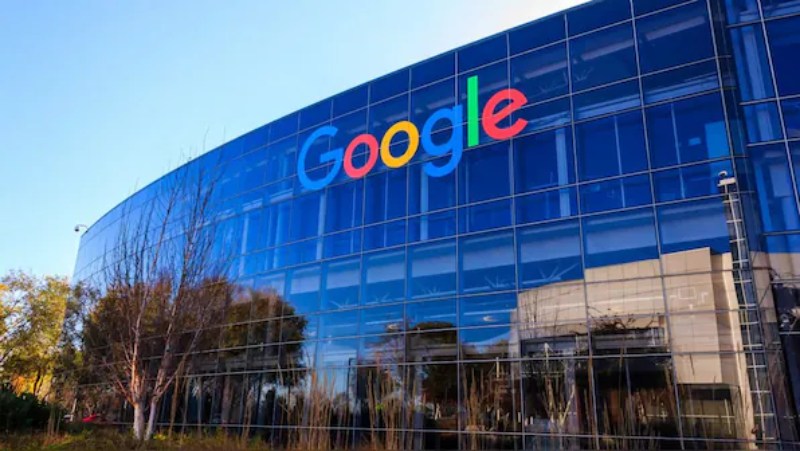Google has inked an agreement to produce the enormous quantities of electricity required to run its artificial intelligence (AI) data centers using tiny nuclear reactors.
According to the firm, it will begin operating the first reactor this decade and bring additional online by 2035 as a result of the arrangement with Kairos Power.
The firms withheld information regarding the location of the plants and the estimated value of the deal.
Nuclear energy is becoming a more popular option for technology companies looking to power their massive data centers, which are the engine of artificial intelligence.
“In order to facilitate AI technologies, the grid requires additional electricity sources,” stated Michael Terrell, Google’s senior director for energy and climate.
“This agreement helps accelerate a new technology to meet energy needs cleanly and reliably, and unlock the full potential of AI for everyone.”
According to Kairos executive Jeff Olson, the agreement with Google “is important to accelerate the commercialization of advanced nuclear energy by demonstrating the technical and market viability of a solution critical to decarbonizing power grids.”
Before the proposals can move further, the US Nuclear Regulatory Commission and local authorities must both approve them.
US regulators granted California-based Kairos Power the first license to construct a new kind of nuclear reactor in fifty years last year.
The business began building a demonstration reactor in Tennessee in July.
Rather of using water, as standard nuclear plants do, as a coolant, the startup specializes in developing smaller reactors using molten fluoride salt.
The tech sector has grown more interested in nuclear power, which produces electricity almost entirely carbon free and around the clock, as it looks to reduce emissions while using more energy.
Wall Street banking behemoth Goldman Sachs predicts that by the end of the decade, the world’s data center energy usage would have more than doubled.
According to John Moore, Industry Editor at TechTarget, AI data centers require a lot of electricity to run them and to keep their equipment cool. Moore spoke with the BBC about this.
“These data centres are equipped with specialised hardware… that require lots of power, that generate lots of heat” .
The US joined a group of nations last year at a UN climate change conference that want to reduce their reliance on fossil fuels by tripling their nuclear energy capacity by 2050.
On the other hand, detractors claim that nuclear power carries some risk and emits persistent radioactive waste.
Microsoft signed an agreement last month to resume operations at the energy plant at Three Mile Island, the scene of the worst nuclear catastrophe to ever occur in the United States in 1979.
Amazon said in March that it would purchase a nuclear-powered data center located in Pennsylvania.
According to Somnath Kansabanik of Rystad Energy, a research organization, “Google’s partnership with Kairos Power signals another major step in tech’s embrace of nuclear energy.”


